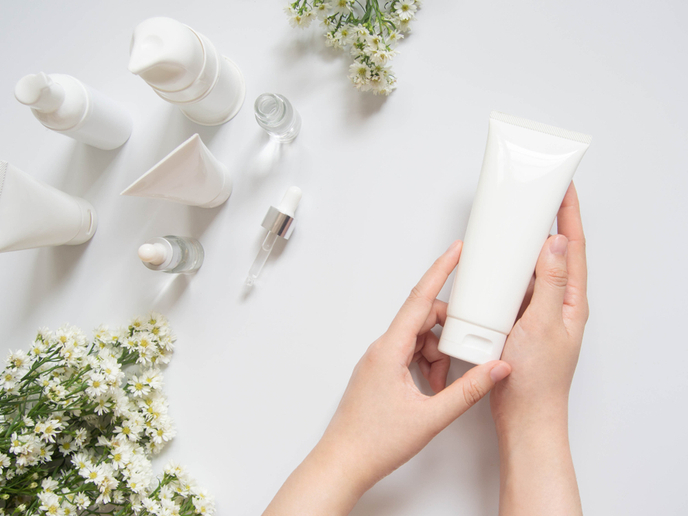Looking good and doing well? Eco-friendly packaging for organic cosmetics
Are you a sensitive consumer aware of the environmental impact of cosmetic products that you use? Knowing that everything from the manufacturing processes to the waste created by regular beauty products could cause environmental damage, wouldn’t you rather use organic and natural cosmetics that are considered safer? But what about packaging that may remain in landfill if made from fossil fuel products and can’t degrade? Scientists supported by the EU-funded BIOBEAUTY project have tackled exactly this challenge and developed a biopackaging solution that offers the same environmental credentials as the products themselves. Instead of non-degradable plastics, the scientists used polylactic acid (PLA), polyester derived from renewable resources like corn starch or sugar cane. They also added nanoclays and rosemary extract to improve the performance of the PLA plastic and to increase the shelf life of the cosmetic product. “As toxicologists, we know that even natural ingredients like rosemary can be toxic in the right dose,” says Dr Helinor Jane Johnston, associate professor of toxicology at BIOBEAUTY project partner Heriot-Watt University. Quoted in a news item(opens in new window) on the Edinburgh Evening News website, Dr Johnston adds: “At Heriot-Watt we tested the toxicity of the rosemary extracts and different types of nano clays to select the least toxic candidates for the final product, to ensure it is safe for consumers. We focused on assessing potential harmful impacts on the skin, but also looked at the response of target sites like the liver and immune system.”
Ethical products
Dr Johnston emphasises that natural and organic product developers “need packaging that aligns with their philosophy and consumer demand for more environmentally-friendly packaging that reduces waste.” She continues: “We’re creating better ways to test products ethically. As part of this project, we used artificial skin to provide a more comprehensive assessment of how the packaging might react with skin.” Because organic products use naturally grown ingredients that are free from toxic pesticides and fertilisers, their environmental footprint isn’t as harmful as conventional ones. However, continued use of non-biodegradable packaging by the cosmetics industry raises concerns, as waste reduction is essential for achieving a greener and safer environment. To address issues like plastic waste disposal (Directive 94/62/EC) and the depletion of non-renewable resources, the BIOBEAUTY project developed biodegradable packaging for natural and organic cosmetics with a marketing edge. The BIOBEAUTY (Development of a bioplastic package for organic cosmetic creams - BIOBEAUTY) project ran between 2014 and 2016. The consortium consisted of 8 partners from France, Slovenia, Spain, the Netherlands and the United Kingdom. Summarising the outcome of the project in another news item(opens in new window), Dr Johnston says: “This is a huge opportunity for the industry to gain a competitive advantage – a recent survey showed that over 70 per cent of European consumers would be willing to pay more for greener packaging.” For more information, please see: BIOBEAUTY project website(opens in new window)
Countries
Spain



